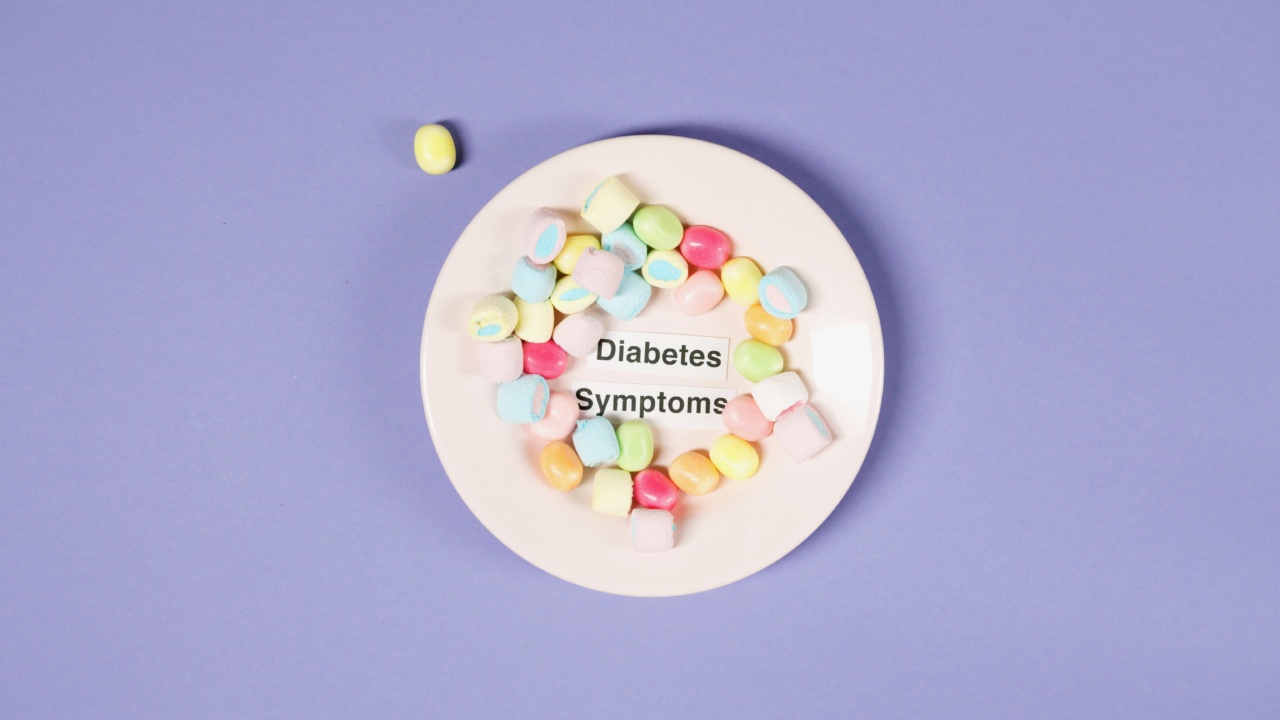Psoriasis is a chronic autoimmune condition that affects the skin, causing red, scaly patches to appear. While there is no cure for psoriasis, certain lifestyle changes, including dietary modifications, can help manage its symptoms and reduce flare-ups.
In this article, we will explore the role of diet in managing psoriasis symptoms and discuss foods that may aggravate or alleviate the condition.
Understanding Psoriasis
Psoriasis occurs when the immune system mistakenly attacks healthy skin cells, leading to an overproduction of skin cells. As a result, these excess cells accumulate on the skin’s surface, causing plaques to form.
This condition can be triggered or aggravated by various factors, including stress, infections, certain medications, and even diet.
The Link Between Diet and Psoriasis
While the exact relationship between diet and psoriasis is still not fully understood, many people with psoriasis have reported certain dietary triggers that exacerbate their symptoms.
Identifying and avoiding these triggers can help manage the condition more effectively. Moreover, some foods may have anti-inflammatory properties or provide essential nutrients that support skin health, potentially helping to alleviate psoriasis symptoms.
Foods to Avoid
1. Processed Foods: Processed foods, such as fast food, snacks, and sugary drinks, are often high in unhealthy fats, refined carbohydrates, and added sugars.
These ingredients can promote inflammation in the body, potentially worsening psoriasis symptoms.
2. Alcohol: Alcohol consumption is known to trigger or worsen flare-ups in many people with psoriasis. It can dilate blood vessels, promote inflammation, and impede the effectiveness of certain medications used to treat the condition.
3. Red Meat: Red meat, especially when processed or high in saturated fats, can increase inflammation in the body. This can potentially worsen psoriasis symptoms.
Consider opting for leaner protein sources, such as fish, poultry, or plant-based alternatives.
4. Dairy Products: Some individuals with psoriasis have reported an improvement in symptoms after eliminating or reducing dairy consumption.
Dairy products may contain proteins that can trigger an inflammatory response in certain individuals.
5. Nightshade Vegetables: Nightshade vegetables, such as tomatoes, potatoes, and eggplants, contain a group of chemicals known as alkaloids.
These alkaloids have been linked to increased inflammation in some individuals, potentially aggravating psoriasis symptoms.
Foods to Include
1. Fatty Fish: Fatty fish, such as salmon, mackerel, and sardines, are excellent sources of omega-3 fatty acids. Omega-3s have anti-inflammatory properties and may help reduce the severity of psoriasis symptoms.
2. Colorful Fruits and Vegetables: Incorporating a variety of colorful fruits and vegetables into your diet ensures a wide range of vitamins, minerals, and antioxidants.
These nutrients support overall health and may have positive effects on managing psoriasis.
3. Whole Grains: Whole grains, such as brown rice, quinoa, and whole wheat bread, are rich in fiber and can help regulate blood sugar levels.
Maintaining stable blood sugar levels is important for individuals with psoriasis, as high blood sugar can trigger inflammation.
4. Probiotics: Probiotics are beneficial bacteria that can support gut health.
Some studies suggest that improving gut health through probiotic supplementation or consuming probiotic-rich foods, such as yogurt or sauerkraut, may help alleviate psoriasis symptoms.
5. Green Tea: Green tea contains compounds called catechins, which have antioxidant and anti-inflammatory properties. Including green tea in your diet may have a positive impact on managing psoriasis symptoms.
Other Considerations
While dietary modifications can play a role in managing psoriasis symptoms, it’s important to remember that everyone’s experience with the condition is unique.
Some individuals may find certain dietary triggers that worsen their symptoms, while others may not experience any significant changes. It’s recommended to keep a food diary to track any potential correlations between diet and psoriasis flare-ups.
In addition to dietary adjustments, individuals with psoriasis should also embrace other healthy lifestyle habits such as regular exercise, stress management, and proper skincare.
Consulting with a healthcare professional or registered dietitian can provide personalized guidance and support in managing psoriasis symptoms through diet.






























